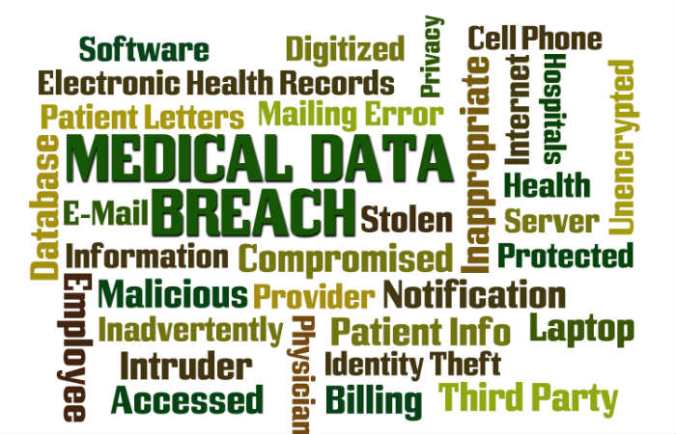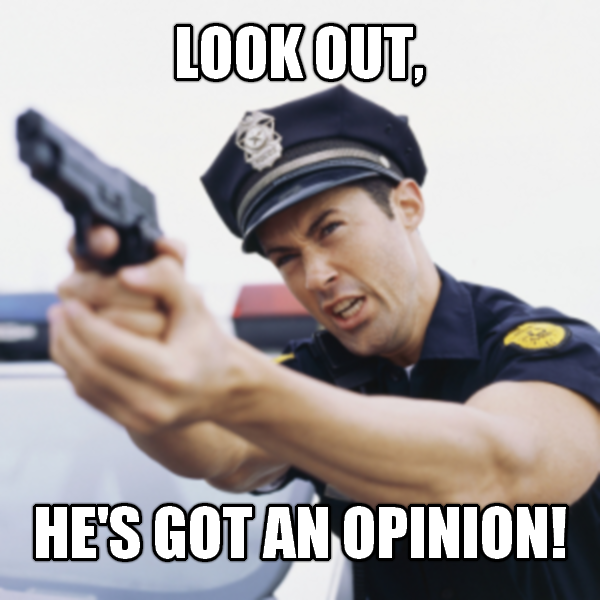Yes its true. I’ve been cyber-abused for 6 years. And I’m not alone.
Daily, doctors, health care professionals and other people are being abused, bullied, harassed and defamed online. These actions are unacceptable and remain unlegislated against, placing people, our health care professionals, in vulnerable positions of harm and potential harm, every moment.
As a doctor in our training 20 years (ish) ago, most of us knew nothing about social media, because, well, it didn’t exist. However, with the rise of the internet and social media the world has become a very different place.
We are fortunate in this society that we have laws that legislate against people causing direct harm to people through for example physical abuse, which is known as assault, or other acts of violence or murder or rape for example. Such acts that bring about gross harm to people ought rightly to be legislated against.
When someone physically assaults you, it is a one-off event, defined by time, contained by the physical contact, even though the scars both physical and emotional can live for sometime until they are healed. Of course, assaults can be repeated, but the period of each assault is limited by time of physical contact and the physical presence of the person assaulting you.
However, with the unregulated and unlegislated internet, someone can abuse you online and the abuse is there 24 hours a day, in the work place, in your home, in your car, in the bathroom, everywhere, every moment of the day. There is nowhere you can go to escape the abuse as it is permanently there, for all to see, not just you. And as we know, abuse is there to incite others to further abuse and bring about harm, so it makes sense to consider that cyber-abuse is the modern day plague of public health. It is permanent 24/7 abuse, and you never know where the blow is going to come from or when.
At present in our unregulated internet anyone, anywhere, can write whatever they want about you, under the cover of anonymity, and even if they are not anonymous they can still write whatever they want about you as there is zero accountability for abusive actions online.
Despite the fact that most of us spend practically 24 hours online and much of our lives are online and we go online to research things, after 10 years of ‘social’ media, we still do not have appropriate legislation to prevent harm coming to people from the online environment. Continue reading


 In life, we are taught that having goals is a good thing that we should set them and we should and ought to aspire to them.
In life, we are taught that having goals is a good thing that we should set them and we should and ought to aspire to them.
 In steps 1 1a and 2 we discovered that
In steps 1 1a and 2 we discovered that 

 There is a growing buzz word on the streets that is ‘self-care’. We as doctors now need to ‘self-care’. But what exactly does that mean?!
There is a growing buzz word on the streets that is ‘self-care’. We as doctors now need to ‘self-care’. But what exactly does that mean?!
You must be logged in to post a comment.